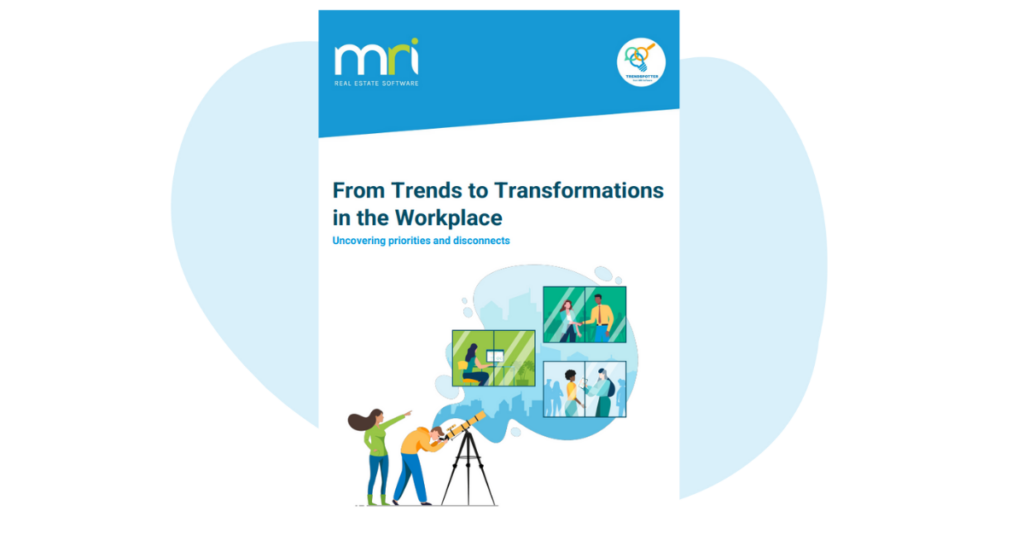Living Spaces: how residential property managers are getting back to the basics of customer service
Due to increasing property prices and the continuing rise of Generation Rent, there are more opportunities for property investors to earn a steady and long-term rental income stream. But as the rental market continues to expand at a rapid rate, how can residential property managers maintain high standards of service to both their residents and property investors?
To fully satisfy the needs of residents and meet regulatory tightness, property management companies must get the basics right. Success depends on stable income streams, which requires contented customers; as well as operational efficiency and low vacancy rates. To ensure this, it is essential to have a strong customer-centric property management system that can be adapted to their specific needs.
Understanding resident needs
To attract and retain residents, property managers inevitably require a detailed understanding of their needs. Research shows that the quality of maintenance services, safety and security and customer care are the most important three factors to get right in order to keep residents satisfied. Getting these basics right boils down to efficient, effective, customer friendly communications, providing all the residents’ needs on one solution, from billing and maintenance to value added services.
Meeting expectations
Dissatisfaction can easily spread among residents if their rent arrangements, maintenance services or customer care fail to meet expectations. Dealing with their problems promptly and effectively, and allowing them to access their information and services when they want, are essential. To achieve this successfully, more and more companies are reviewing how the latest property management software can improve customer service and drive forward operational efficiencies.
Resident community
Property management software should include customer relationship management (CRM) capabilities that cater for a high level of customer service and liaison from the first point of contact, so potential residents immediately feel they will be joining a community that is well served and efficient. From the start, it can act as a warehouse of key documents, such as rental agreements and those relating to due diligence carried out on tenants.
Automation
Automation of billing and other communication, in line with industry best practice, removes the need for paper-based, manual intervention. This enables effective credit control while making more staff available for face-to-face dealings with residents.
Self-service
The software can also provide a wider portal to residents, enabling property managers to adopt a 24-hour, self-service culture. At the high end of the market, this can accommodate online concierge facilities, amenity bookings, such as gym or pool usage, and desirable services like restaurant bookings, concert tickets or valet service. In all market segments the best service is no more than a mouse click away, keeping even the most demanding tenants happy.
Reporting
Property management systems can also provide managers with clear oversight and a wide range of reports, which can be designed to suit particular reporting requirements, cutting the hours spent on administration. These should be automated, visually appealing and easy to understand for internal parties and all those involved in the investment structure.
Maintenance
Site maintenance can be managed on the system and linked to mobile apps made available to maintenance staff, ensuring a rapid and efficient response for residents. Service levels can be further enhanced by measuring service providers against key performance indicators.
Occupancy rates
Aside from resident satisfaction another priority is to keep vacant properties to a minimum. Comprehensive software will track units coming up for rent, and can link with a database of potential residents who may have previously shown interest or who are introduced through agents. Systems need to be able to take historic data from similar projects and facilities and benchmark the potential returns on their capital investment.
The continual development of software and the availability of updates mean that property managers in the residential sector can truly get back to the basics of customer service, with improved operational efficiency and adherence to industry guidelines.
Takeaways
- To guarantee good long term rental returns it is important to keep residents satisfied.
- Efficient maintenance and high levels of safety, security and customer care are critical to achieving this.
- Property managers must choose system software carefully to ensure it meets these basic needs, as well as ensuring efficient residence management.
- Software systems need to provide residents with comprehensive and convenient services and management with information and control.
From Trends to Transformations in the Workplace – Uncovering Priorities and Disconnects
In partnership with CoreNet Global, MRI Software conducted a survey of real estate professionals around the world to examine emerging trends in office transformations. These insights provide a global perspective, with input from the APAC, EMEA, North…
